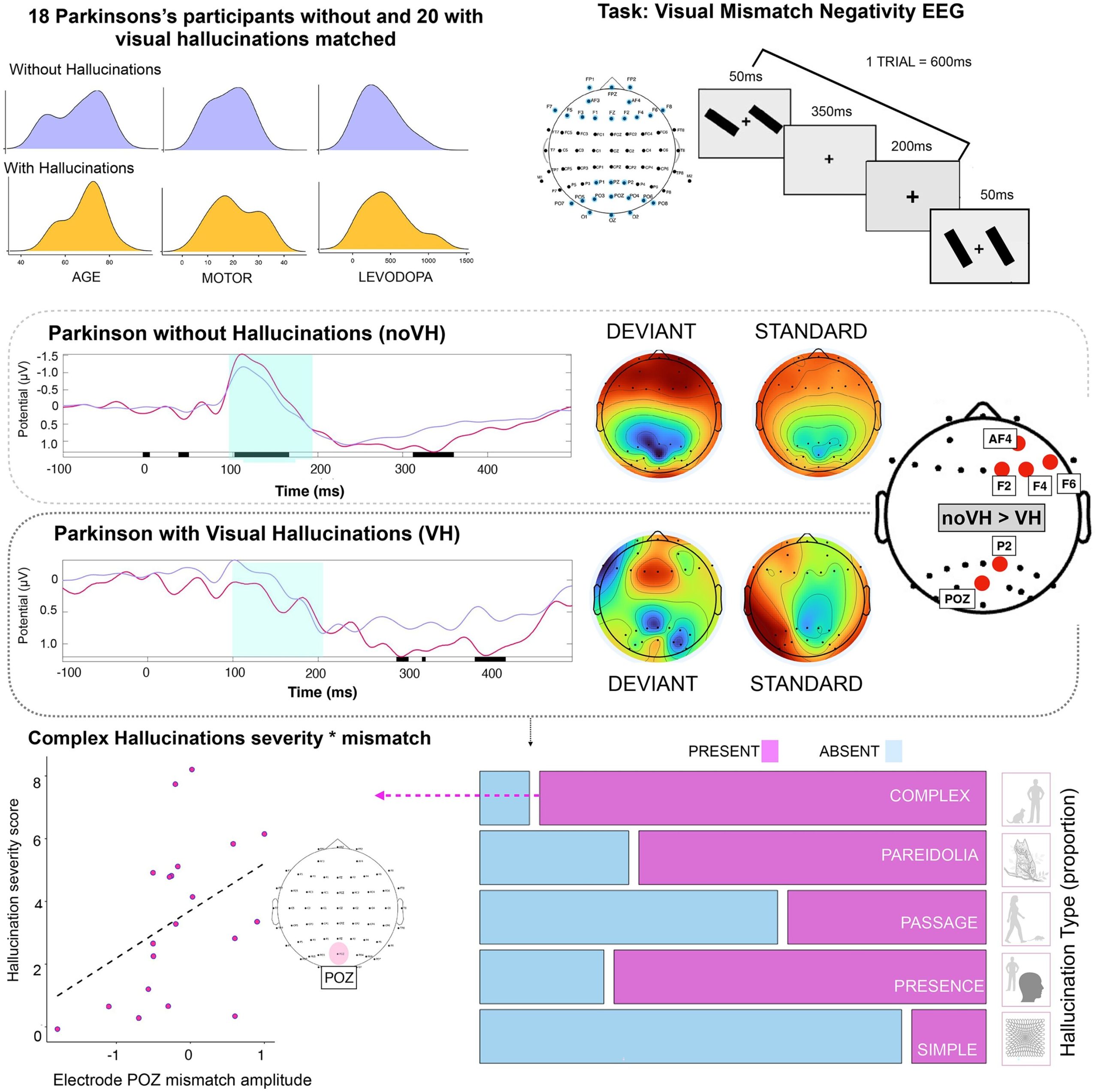
A synthetic form of the active ingredient in cannabis helps reduce agitation in people with Alzheimer’s, new research shows.
Synthetic THC (dronabinol) also gave patients’ caregivers a boost, according to findings presented at a meeting of the International Psychogeriatrics Association in Buenos Aires.
The findings may provide encouragement for the families of the 7 million Americans who have Alzheimer’s or another form of dementia. Nine out of 10 develop behavior problems, and agitation is the most common, affecting four in 10.
Agitated patients with Alzheimer’s often pace, wander, yell, scream and get verbally abusive. Their behavior may also leave their caregivers burned out and depressed.
“It is the agitation, not the memory loss, that often drives individuals with dementia to the emergency department and long-term care facilities,” said study co-author Dr. Brent Forester, director of behavioral health for Tufts Medicine in Boston. “Dronabinol has the potential to both reduce health care costs and make an important, positive impact on caregivers’ mental and physical health.”
The new study included 75 outpatients with Alzheimer’s dementia. For three weeks, they took either 5 milligrams (mg) of dronabinol twice a day or a dummy pill.
Symptoms of agitation were significantly improved in the patients who took dronabinol, and researchers said the drug was well-tolerated.
“Dronabinol appears to perform just as well, if not better, than the only other FDA-approved drug for agitation in this patient population currently on the market,” Forester said.
A pilot study had suggested that cannabinoid therapies might be an effective way to treat agitation in people with dementias.
“While further analyses are needed to better understand predictors of treatment response to help inform subsequent trials and clinical practice, the early results are quite encouraging,” Forester said in a Tufts news release.
Because these findings were presented at a medical meeting, they should be considered preliminary until published in a peer-reviewed journal.
More information:
The Alzheimer’s Association has tips to help families cope with a loved one’s anxiety and agitation.
Copyright © 2024 HealthDay. All rights reserved.
Citation:
Synthetic THC may calm agitation in Alzheimer’s patients (2024, September 30)
retrieved 6 October 2024
from https://medicalxpress.com/news/2024-09-synthetic-thc-calm-agitation-alzheimer.html
This document is subject to copyright. Apart from any fair dealing for the purpose of private study or research, no
part may be reproduced without the written permission. The content is provided for information purposes only.


